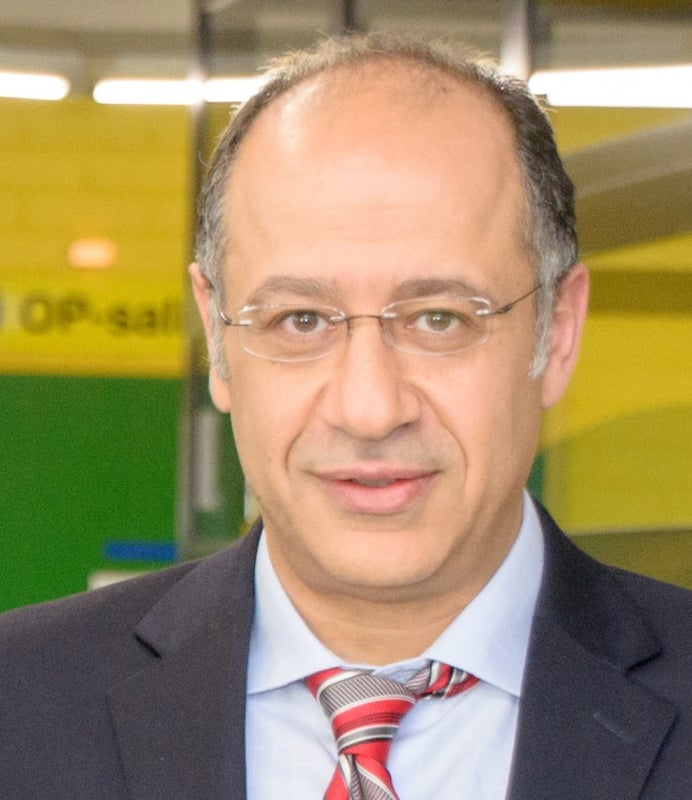
Rensselaer Polytechnic Institute is the oldest technological university in the United States and the oldest degree-granting engineering school in the English-speaking world. Since its founding nearly two centuries ago, RPI has played a pioneering role in engineering and technological education, with a mission rooted in applying science and engineering to address real-world challenges. ECSE is deeply embedded in that tradition, contributing to generations of advances across electrical, computer, and systems engineering that have shaped industry, research, and society.
Today, ECSE is part of a globally engaged engineering community, bringing together faculty, staff, students, alumni, and partners who are committed to advancing the foundations and frontiers of electrical, computer, and systems engineering. Our programs emphasize strong fundamentals, interdisciplinary thinking, and experiential, hands-on learning, preparing students to navigate and lead in a rapidly evolving technological landscape.
Our department’s strength lies in its people and its collaborative culture. ECSE faculty are internationally recognized for their scholarship and innovation, and our community values mentorship, inclusion, and collaboration. Building on a strong foundation, we continue to expand our impact through research that bridges theory and practice, and through partnerships that connect the department across the Institute and beyond. Faculty and staff work collaboratively to support student success, strengthen research excellence, and deepen engagement with our alumni, industry partners, and the broader community.
Whether you are a prospective student, a current member of our community, an alumnus, or a partner, I invite you to explore ECSE and engage with us as we shape the next chapter of engineering education and discovery together.
Alhussein (Hussein) Abouzeid
Professor and Department Head
Electrical, Computer, and Systems Engineering

